Nothofagus in eastern US?
hairmetal4ever
10 years ago
Related Stories
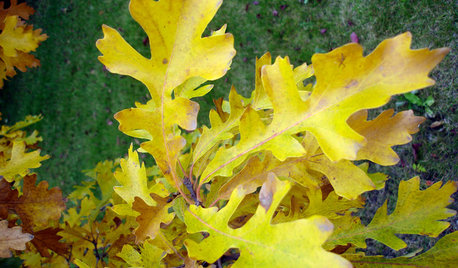
GARDENING GUIDESCelebrate Eastern Oaks for Wildlife, Longevity and Seasonal Interest
There might not be a more important tree to have in your eastern U.S. landscape — if you can fit one in
Full Story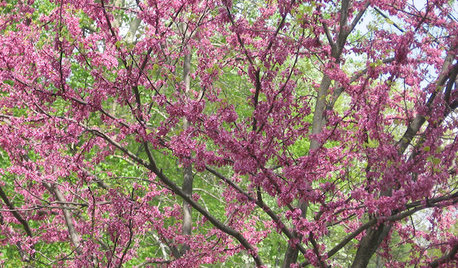
GARDENING GUIDESGreat Design Plant: Eastern Redbud
With romantic pink blooms and heart-shape leaves, this ornamental tree has been inspiring affection since the days of the founding fathers
Full Story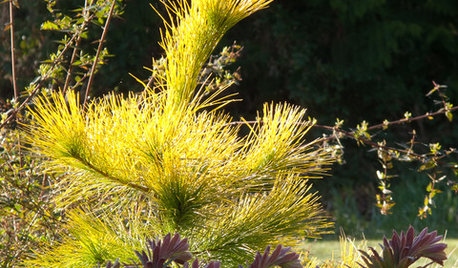
GARDENING GUIDESGreat Design Plant: Louie Eastern White Pine
This stunning golden conifer will bring a smile to your face and add a ray of sunshine to your winter garden
Full Story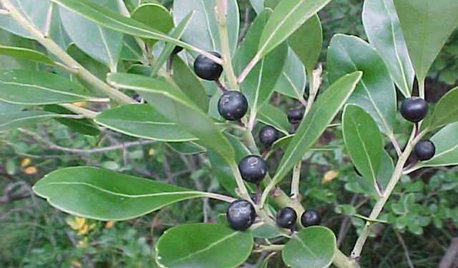
FLOWERS AND PLANTSEasterners: Consider This Native Alternative to Boxwood
Inkberry, or Ilex glabra, excels as a foundation plant or formal hedge perfectly suited to the East Coast
Full Story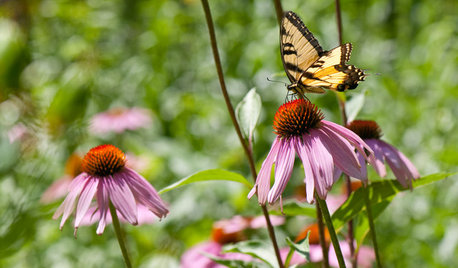
GARDENING GUIDESEntice Eastern Tiger Swallowtails With Summer Flowers
Grow nectar-rich native bloomers and larval host plants for these endearing butterflies
Full Story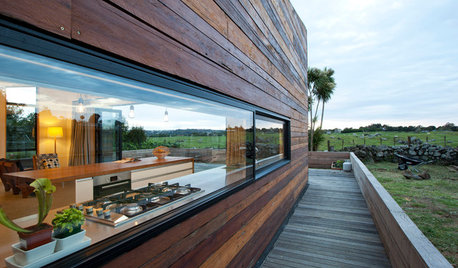
HOMES AROUND THE WORLDHouzz Tour: Eastern Philosophy Meets Sustainability
A contemporary home in Auckland, New Zealand, immerses itself in nature and the Sthapatya Veda architectural discipline
Full Story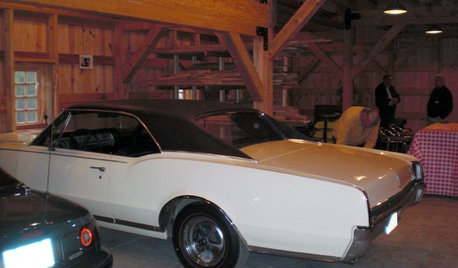
FEEL-GOOD HOMEGuys Tell Us About Their Favorite Places at Home
For Father’s Day, Houzz men show us the places in their homes where they like to hang out
Full Story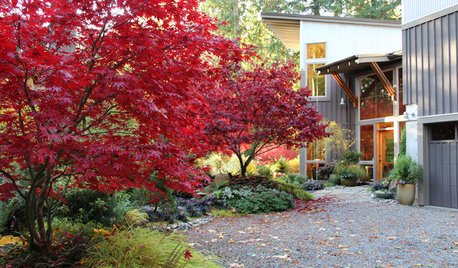
FALL GARDENINGHouzz Call: Show Us Your Fall Color!
Post pictures of your fall landscape — plants, leaves, wildlife — in the Comments section. Your photo could appear in an upcoming article
Full Story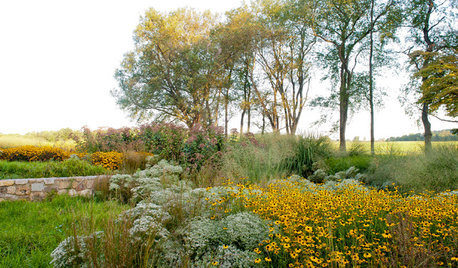
GARDENING GUIDES10 Essential Wildflowers for the U.S. Central Plains
Focusing on prairie wildflowers supports the most wildlife in a low-maintenance Plains landscape
Full Story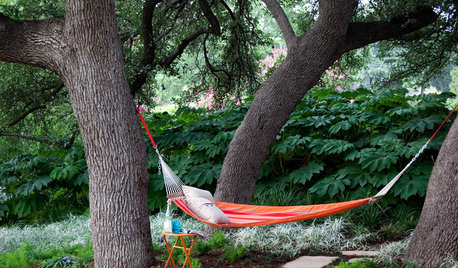
GARDENING GUIDES8 Essential Native Shade Trees for the U.S. Southeast
These beauties provide cool shade in the summer and easily withstand the heat and humidity of the South
Full Story





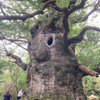

Huggorm
Smivies (Ontario - 5b)
Related Professionals
Ferndale Landscape Architects & Landscape Designers · Rancho Palos Verdes Landscape Architects & Landscape Designers · Saint Charles Landscape Architects & Landscape Designers · Camp Verde Landscape Contractors · Commack Landscape Contractors · Golden Gate Landscape Contractors · Palos Verdes Estates Landscape Contractors · Plainview Landscape Contractors · Red Oak Landscape Contractors · Rockwall Landscape Contractors · Derry Siding & Exteriors · Linden Siding & Exteriors · Mitchellville Siding & Exteriors · Lacey Decks, Patios & Outdoor Enclosures · Lafayette Decks, Patios & Outdoor Enclosurespoaky1
Smivies (Ontario - 5b)
davidrt28 (zone 7)
hairmetal4everOriginal Author
davidrt28 (zone 7)
fairfield8619